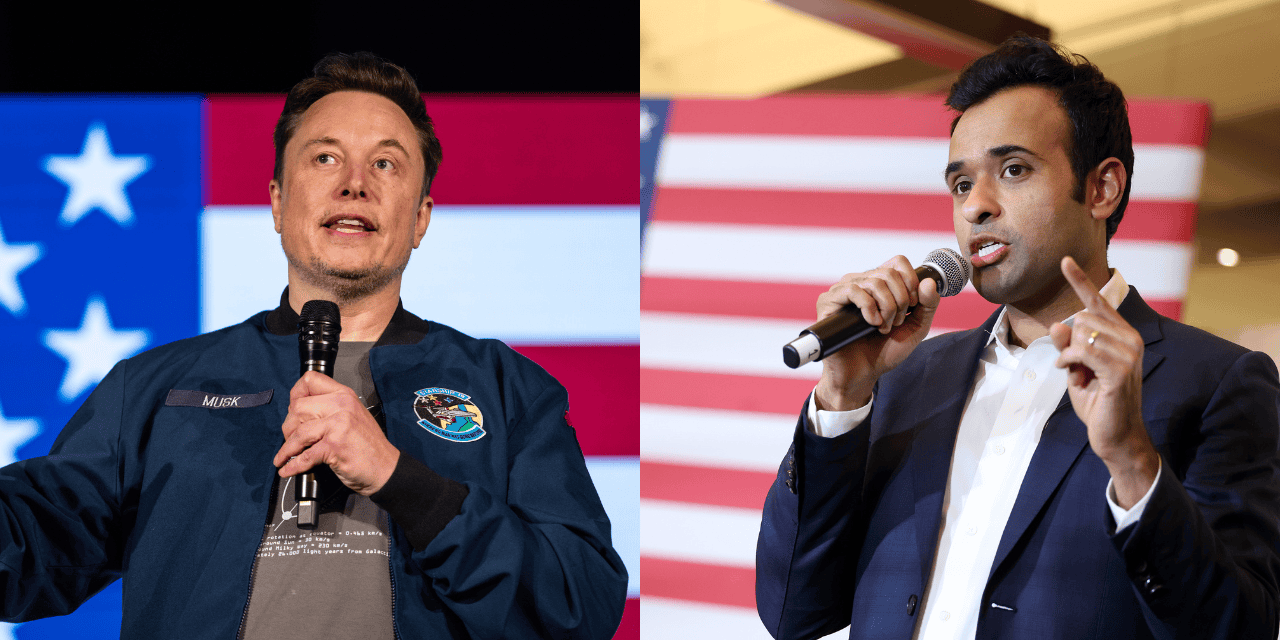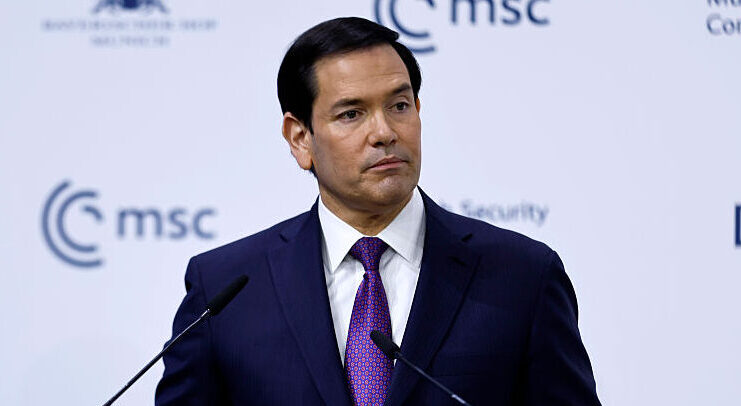Is it Government’s Responsibility to Make Work Convenient for Parents?

President-elect Donald Trump’s newly forming “Department of Government Efficiency” (DOGE) promises to make Big Brother less bureaucratic and less wasteful, potentially saving trillions of taxpayer dollars.
Led by Elon Musk and Vivek Ramaswamy, DOGE is already raising eyebrows and making some career government workers nervous and it’s no wonder.
Writing in the Wall Street Journal last month, Musk and Ramaswamy were blunt regarding their intentions.
“Most government enforcement decisions and discretionary expenditures aren’t made by the democratically elected president or even his political appointees but by millions of unelected, unappointed civil servants within government agencies who view themselves as immune from firing thanks to civil-service protections,” they observed.
One of the ways they’re proposing to save money and increase efficiency is to permanently sunset federal remote work – policies widely enacted during the COVID pandemic.
“Requiring federal employees to come to the office five days a week would result in a wave of voluntary terminations that we welcome,” they wrote. “If federal employees don’t want to show up, American taxpayers shouldn’t pay them for the COVID-era privilege of staying home.”
But writing for the Institute for Family Studies, Anne Morse-Huércanos, who holds a Ph.D. in Demography and Sociology, warns that eliminating remote work also threatens to eliminate moms and dads from the workforce.
“If Musk and Ramaswamy require federal workers to work in-person five days a week, this will disproportionately hurt people with families,” Dr. Morse-Huércanos writes. “Some will eat the extra commuting time and spend less time with their kids. Others will move their family closer to downtown at the expense of having a yard where their children can run and play outside. Others will weigh their job against these new costs to their family-life and choose their family-life instead.”
Few would argue that remote work presents significant personal benefits ranging from the physical to the financial – and especially more time with family.
But should government officials be concerned about structuring jobs in ways to accommodate parental demands?
Dr. Morse-Huércanos argues that it’s in the public’s best interest to have fathers and mothers at the table. She’s not wrong. Men and women who are fathers and mothers bring a unique perspective to their work, especially when it comes to shaping and advancing policies that impact families. But there is more than one way to make that happen.
As her analysis goes, removing any remote work option will drive out the parents first since they often live outside the Beltway, ceding the territory to the single and childless.
Almost five years out from the COVID pandemic, there are strong feelings about remote, hybrid and in-person work. Some have suggested opinions about it come down to a simple divide: the worker bees love it and the bosses hate it. That’s likely an oversimplification of a layered issue – but it’s probably more true than false.
For Christians, at the heart of the debate lies our overall understanding and appreciation of the nature of work itself. It should be instructive that God Himself worked six days and rested just one. That doesn’t mean we should revert to a six-day work week. But it’s one thing if you’re trying to figure out where and how best to get your work done and a whole other if you’re focused on getting paid more or the same for wanting to do less.
Work can certainly be transactional, but it should also be relational. We ignore the value of an in-person dynamic at the office at our own peril. As believers, work should also be seen as a form of worship – a transformational way to see our labor driven by our calling and not simply a matter of convenience.
Images from Getty.
ABOUT THE AUTHOR
Paul J. Batura is a writer and vice president of communications for Focus on the Family. He’s authored numerous books including “Chosen for Greatness: How Adoption Changes the World,” “Good Day! The Paul Harvey Story” and “Mentored by the King: Arnold Palmer's Success Lessons for Golf, Business, and Life.” Paul can be reached via email: Paul.Batura@fotf.org or Twitter @PaulBatura
Related Posts

10 Quotes from Secretary of State Marco Rubio’s Munich Address
February 16, 2026

Female Athletes Beg California Interscholastic Federation to Keep Boys Out of Girls Sports and Locker Rooms
February 16, 2026

On Presidents Day, Pray for President Trump
February 16, 2026

The Refreshing Patriotism of Olympian Jasmine Jones
February 13, 2026
